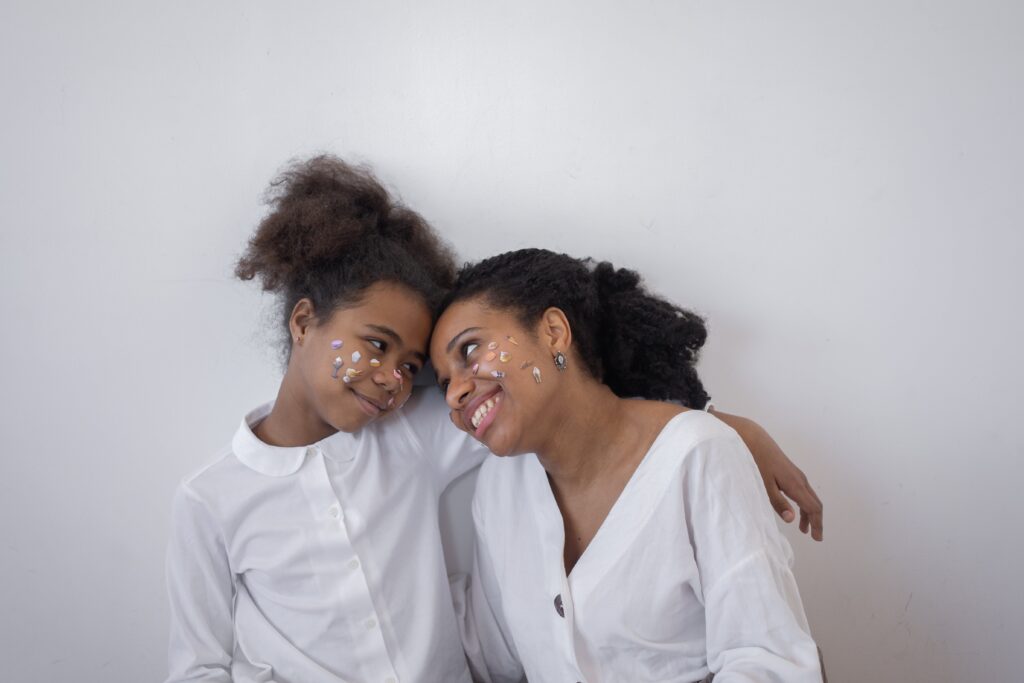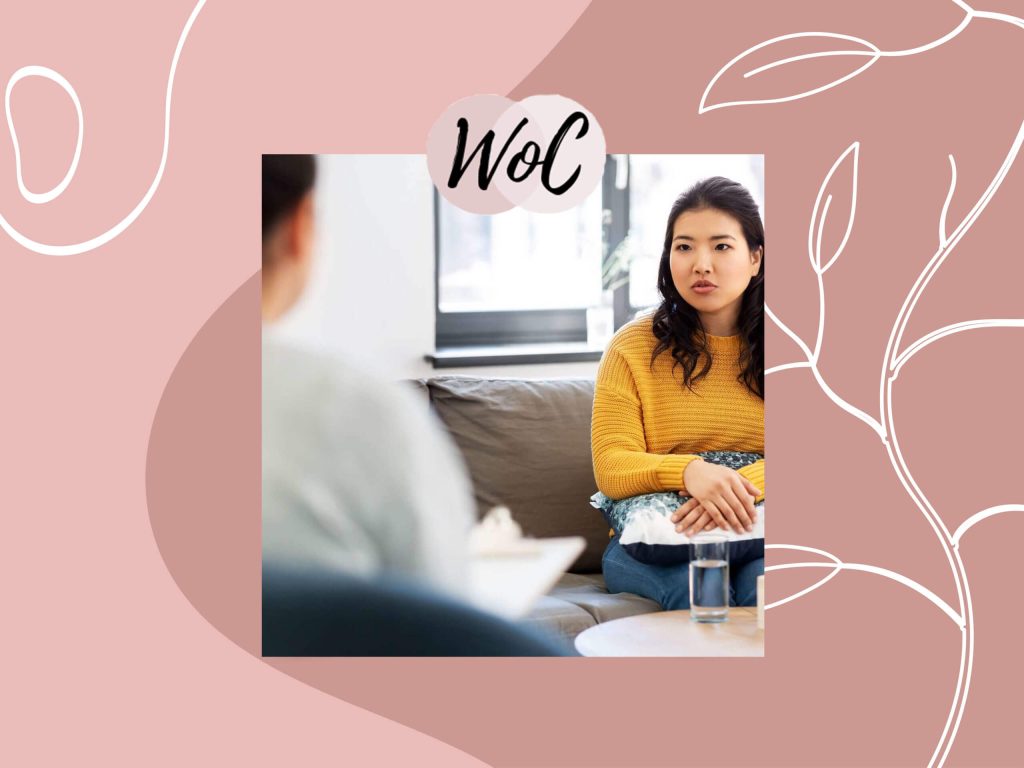While queerness is often associated with sexual attraction, it encompasses much more, including gender expression, romantic orientation, and a defiance of patriarchal norms. Queering your life means challenging and redefining societal expectations in a way that feels authentic and liberating. This can be particularly transformative through therapy, where individuals can explore and embrace their unique identities in a supportive environment.
The Evolution of “Queer”
The word “queer” has a complex and transformative history. Originally, “queer” was used as a slur, a term meant to marginalize and demean individuals who deviated from heterosexual and cisgender norms. Its etymology traces back to the early 16th century, where it simply meant “strange” or “peculiar.” However, by the late 19th and early 20th centuries, it became a derogatory term used to insult those who were perceived as homosexual or non-normative in their gender expression.
Despite its painful history, the word “queer” began to undergo a powerful reclamation process in the late 20th century, particularly during the 1980s and 1990s. Activists and scholars within the LGBTQ+ community started to embrace “queer” as a term of empowerment and self-identification. This reclamation was a form of resistance, transforming the word from a tool of oppression into one of pride and solidarity. Today, “queer” is a broad, inclusive term that encompasses a wide range of identities and experiences, celebrating the diversity within the LGBTQ+ community. In younger generations, many individuals prefer to use “queer” as their primary identifier, as it allows them to move through many different expressions and choices without being pinned to a specific label.
The Role of Therapy in Queering Your Life
Therapy offers a unique space for individuals to explore their identities and challenge societal norms. Here are several ways therapy can help someone queer their life:
Identity Exploration: Therapy provides a safe and non-judgmental space to explore various aspects of your identity. This can include your sexual orientation, gender identity, and how you want to express yourself. A therapist can help you navigate these complex feelings and support you in embracing your true self.
Challenging Norms: A key aspect of queering your life is questioning and challenging societal norms. Therapy encourages you to reflect on the expectations placed upon you by society, family, and culture, and to consider which of these align with your authentic self. This process can be incredibly liberating, allowing you to live a life that feels more genuine and fulfilling. Because your therapist is an objective perspective, they can provide observations and insights.
Reframing Thoughts: Decolonizing your thoughts involves recognizing and unlearning the biases and stereotypes that have been ingrained in you by a patriarchal society. Therapy can help you identify these harmful thought patterns and reframe them in a more positive and affirming way.
Creating Inclusive Spaces: For members of the LGBTQ+ community, therapy can also be a space to learn about and advocate for inclusivity within the community. This includes addressing issues such as bi-phobia, asexual erasure, and the debates around non-monogamy. To meet with a queer therapist that supports you, click here: Reach Out for Support | Contact Us | WOC Therapy
Embracing the Full Spectrum of Queerness
Queerness is not limited to sexual attraction; it includes a wide array of identities and practices that challenge traditional norms. Even for those who identify as heterosexual, cisgender, and allosexual, observing how queerness can intersect with your life can be beneficial. Here are some ways to incorporate queerness into various aspects of your life:
Gender Expression: Explore and express your gender in a way that feels authentic to you. This might involve experimenting with different clothing styles, pronouns, and ways of presenting yourself. Remember, there is no right or wrong way to express your gender.
Romantic Orientation: Understand that romantic orientation can be distinct from sexual orientation. You might be romantically attracted to different genders than those you are sexually attracted to. Therapy can help you explore and define your romantic orientation without judgment. This includes aromanticism as well. Aromanticism is a spectrum and means that the individual does not experience romantic feelings for others. Aromantic people can experience these feelings sometimes or not at all. They can experience those feelings in certain situations or with certain people, or not at all. Because the “A” is often erased or ignored in queer spaces, many people don’t feel supported in their feelings of asexuality or aromanticism. Bisexual individuals who are not biromantic feel guilty that they do not feel exactly the same toward all genders. Delving more into romantic orientations in our relationships can create better clarity, compatibility, and communication.
Non-Monogamy: The debate about whether non-monogamy counts as queerness highlights the need for inclusivity within the LGBTQ+ community. Non-monogamous relationships challenge traditional, monogamous norms and can be a part of living a queer life. Therapy can provide a space to explore these relationships and navigate the complexities that come with them. Whether or not “P” ever stands for polyamory in the queer community or is embraced at Pride, expanding our ideas of committed relationships is a type of queering your life.
Defying Patriarchal Norms: Living a queer life means, at the root, challenging patriarchal expectations. This can include rejecting traditional gender roles in relationships, advocating for gender equality, and creating family structures that defy conventional norms. Therapy can help you develop the confidence and resilience needed to push against these societal pressures. For many of us, embarking on these journeys can be fraught with deconstructing social ideals and values that have been engrained in us since we were children. Breaking them can cause anxiety, depression, and weakened community. But once you are through to the other side, defying patriarchal norms is endlessly rewarding.

Inclusivity Within the LGBTQ+ Community
While the LGBTQ+ community has made significant strides towards inclusivity, there is still work to be done. Issues such as bi-phobia, asexual erasure, and the exclusion of non-monogamous relationships highlight the need for greater acceptance and understanding within the community. Therapy can play a crucial role in fostering this inclusivity by helping individuals recognize their own biases and work towards a more accepting and supportive community.
Addressing Biphobia and Asexual Erasure: Bisexual and asexual individuals often face discrimination and invalidation, both within and outside the LGBTQ+ community. Because the patriarchy is so pervasive, bisexual men are viewed as closeted gay men. They are just too afraid to come out completely. Bisexual women are tokenized sexually and are seen as basically straight. Bisexual women sometimes struggle to date lesbian partners because of the myth that bisexual women will always prefer men over female partners. Therapy can help individuals understand and challenge these prejudices, promoting a more inclusive environment for all.
Supporting Non-Monogamy: Non-monogamous relationships can be just as valid and fulfilling as monogamous ones. However, non-monogamous people experience oppression and stigma if they are open about seeing multiple people. Usually from a place of safety, ethically non-monogamous people will hide their other relationships to be seen as monogamous. the government does not have any protective factors for these relationship structures as well. However, the queer community is apprehensive about seeing non-monogamy as a queer orientation for several reasons–some of them very valid, while others are born out of fear or prejudice. Therapy can provide a space to explore these relationships, address any challenges, and advocate for their acceptance within the broader community, especially considering that the overlap between the queer community and non-monogamy is extensive.
Building Solidarity: Inclusivity within the LGBTQ+ community is about lifting each other up and creating a supportive network. Therapy can help individuals build empathy and solidarity, fostering a community that celebrates diversity in all its forms.
Lifting from the Bottom Up
The concept of lifting from the bottom up emphasizes the importance of supporting the most marginalized members of the community. By advocating for the rights and inclusion of those who are often overlooked, we create a stronger and more united community. Therapy can help individuals recognize their privilege and use it to advocate for those who are less privileged, promoting a culture of empathy and solidarity.
Recognizing Privilege: Therapy can help individuals identify their own privileges and understand how they can use them to support others. This might involve learning about intersectionality and recognizing how different aspects of identity intersect to create unique experiences of oppression and privilege.
Advocating for Marginalized Voices: By lifting up the voices of the most marginalized, we create a more inclusive and supportive community. Therapy can help individuals develop the skills and confidence needed to advocate for change and support those who are often overlooked.
The Transformative Power of Queerness
Queering your life is about more than just embracing a label; it’s about challenging societal norms and living a life that feels true to yourself. Therapy offers a unique and supportive space to explore your identity, challenge harmful thought patterns, and advocate for a more inclusive and accepting community. By embracing queerness in all its forms, we can create a society that celebrates diversity and promotes empathy and solidarity.
The journey to queering your life is deeply personal and transformative. It involves reclaiming a term that was once used to oppress, and instead using it to empower and celebrate diversity. Therapy can play a crucial role in this process, providing a supportive space to explore and embrace your identity, challenge societal norms, and advocate for inclusivity within the LGBTQ+ community. By lifting from the bottom up and supporting the most marginalized among us, we create a stronger and more united community. Embracing queerness in all its forms not only enriches our own lives but also contributes to a more empathetic and inclusive society.


